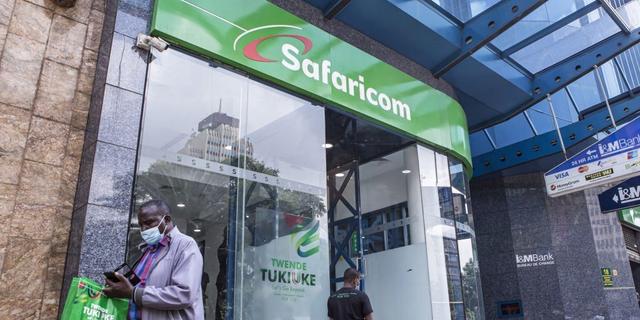In July 29th 2024, the Ethiopian government announced its decision to adopt a floating exchange rate policy, a move it hoped would secure International Monetary Fund (IMF) support and enable progress on a long-delayed debt restructuring. The Birr’s value against the U.S. dollar slumped by 30.0 per cent to 74.7 per dollar in August 2024 from 57.4 recorded in July. This was only two years after Safaricom entered the Ethiopian market with much pomp and fanfare. Two years later Safaricom is trying to renegotiate leases to offset the currency slide.
Ethiopia has been struggling with soaring inflation and chronic foreign currency challenges. In December 2023, the country became Africa’s latest defaulter after it failed to make a USD 33.0 million coupon payment on its dollar bond. This is what has led to the decision to move to a floating exchange rate with the government announcing that foreign currency providers would be able to exchange foreign currency freely without interference.
Safaricom is also decrying unfair competition. Top executives of Safaricom Ethiopia told Ethiopian law makers over a week ago that they were unhappy about monopolistic practices of their competitor, Ethio-Telecom; requesting the government to equalize access to open platforms.
Back home in Kenya, Safaricom is under pressure as its core market shows signs of saturation. Its crown jewel, M-pesa, is facing regulatory scrutiny over its perceived monopolistic power. In addition, Safaricom’s 2024 half-year earnings fell 17.6 per cent to 28.1 billion shillings from 34.1 billion. However, shareholders are optimistic of increased returns from the Ethiopian venture which seems unlikely with the current situation.
While Safaricom’s Ethiopia deal holds long term potential, its timing has compounded the challenges it faces from Ethiopia’s political instability, economic hardship and competitive telecom landscape all requiring strategic patience and resilience. Whether this gamble will pay off remains to be seen, but it is clear that Safaricom’s entry into Ethiopia has come at a particularly difficult time.


















